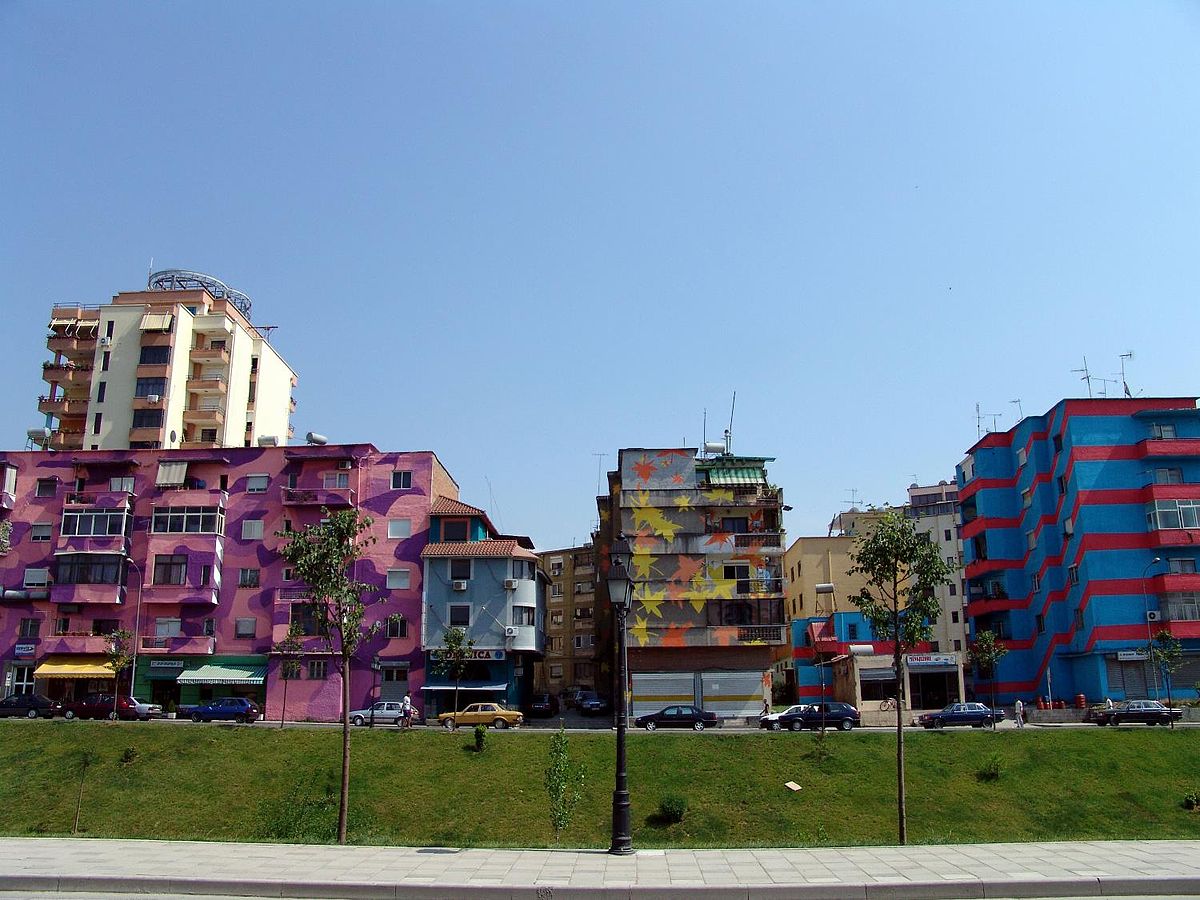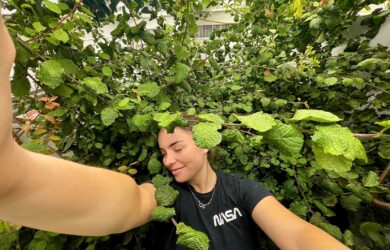
Andi Reci will be the first Gates Cambridge Scholar from Albania this autumn
A lot of oil is not extracted because the technology is not good enough. If we could make the extraction process more efficient we might not need to find new reserves.
Andi Reci
Andi Reci has always understood the importance of education. That understanding led him to come to the UK at the age of 18 and do an extra two years at a school in England to get British qualifications. The gamble appears to have paid off because this autumn he will become the first Gates Cambridge Scholar from Albania.
He will study for a PhD in Chemical Engineering, working with a world-leading research group investigating the use of MRI in improving the efficiency of oil extraction.
Andi credits his parents with instilling in him a desire for the best education he can get. Born in a very small town in the north of Albania, his parents moved to Tirana after his youngest brother was born because they wanted the best education for their three sons. His father is a civil engineer and his mother is a school teacher. “They put an emphasis on education and gave me a push at the start of my school life. After that I was able to take off on my own,” says Andi.
He was 15 when he moved to Tirana. His father was still working in the north of the country on engineering projects including new roads and buildings and his mother took a while to find a new job. Andi excelled at maths. He took part in the maths Olympiad from the age of 13 and by the age of 15 he was representing Albania, travelling across Europe and to Vietnam.
London
Although he applied to do medicine at the University of Albania, he knew he didn’t really want to be a doctor. Despite not having any funding, he investigated the possibility of doing a degree in the UK, but thought that most UK universities would not accept an Albanian high school diploma. He had cousins in London so he decided to take a risk and go to London to do his A levels after completing his diploma.
He wasn’t, however, prepared for the move and regretted his decision initially. “I couldn’t see where I was going. I knew my parents couldn’t afford university in the UK,” he says. “But I was determined to give it a try. I wanted to get a better education and the standard of engineering degrees in Albania is not good. If it didn’t work out I knew I would go back and study medicine.”
He enrolled online in maths, chemistry and physics at a state secondary school in east London, which he says was the nearest good school from where his cousins lived. He had been studying English since he was 10 so had no problems with the language, but he did have trouble adjusting to life in London. He had to travel one and a half hours to get to school.
Because he was trying to eke out his money he took three or four buses instead of the train. He also had to have an operation that reduced his mobility. “It was an exhausting year,” he says.
After his first year he got a call to say his visa had been rejected because he was not allowed to study at a state school. He had to return to Albania. He was determined not to give up on his plan and managed to secure another visa after explaining that he had not known that he could not study at a state school.
Through an Albanian friend he was introduced to the headteacher of an independent school in Essex and managed to win a scholarship to the school due to his maths ability. This covered his tuition fees. He could finally see a path emerging for his future as many of the other students at the school were applying to top-ranking universities.
Cambridge
He applied to Trinity College Cambridge, which gives scholarships to some international students and managed to win one of these to study engineering, starting in 2011. He spent several of his summer vacations working as a waiter in restaurants in Essex, but also managed to acquire industry experience, for instance, working at a commodity firm trading chemicals and at an oil and gas company in Norway.
Andi studied general engineering in his first year then switched to chemical engineering. He figured that there would be good international job opportunities in chemical engineering after he graduated. Moreover, having a degree from a foreign university would help him with jobs in Albania. During his degree he spent a week with his father who was building a hydroelectric power station in the mountains in Albania and was impressed. “It was an enormous undertaking for a small country,” he says.
For his masters, Andi did a research project on the physics of granular material like soil. He felt he needed to challenge himself by learning something new and picked up best poster and presentation for his year for the project.
Last year he applied for a PhD to do chemical engineering. Having been top of his department in one of his undergraduate years and second for another, he was hopeful that he might win a scholarship. His academic prowess and his leadership roles as student representative for the Engineering Alumni Association and coordinator of a university project on an instant coffee production plant combined to win him a Gates Cambridge Scholarship.
He will join a world-leading research group which is studying how magnetic resonance imaging can be used in the chemical industry to increase energy efficiency. He says: “One of the key challenges we face is to make it more efficient to get oil out of the ground. A lot of oil is not extracted because the technology is not good enough. If we could make the extraction process more efficient we might not need to find new reserves.”
*Picture credit: "The World Factbook – Albania – Flickr – The Central Intelligence Agency (8)" by The Central Intelligence Agency – The World Factbook – Albania. Licensed under Public Domain via Wikimedia Commons.












